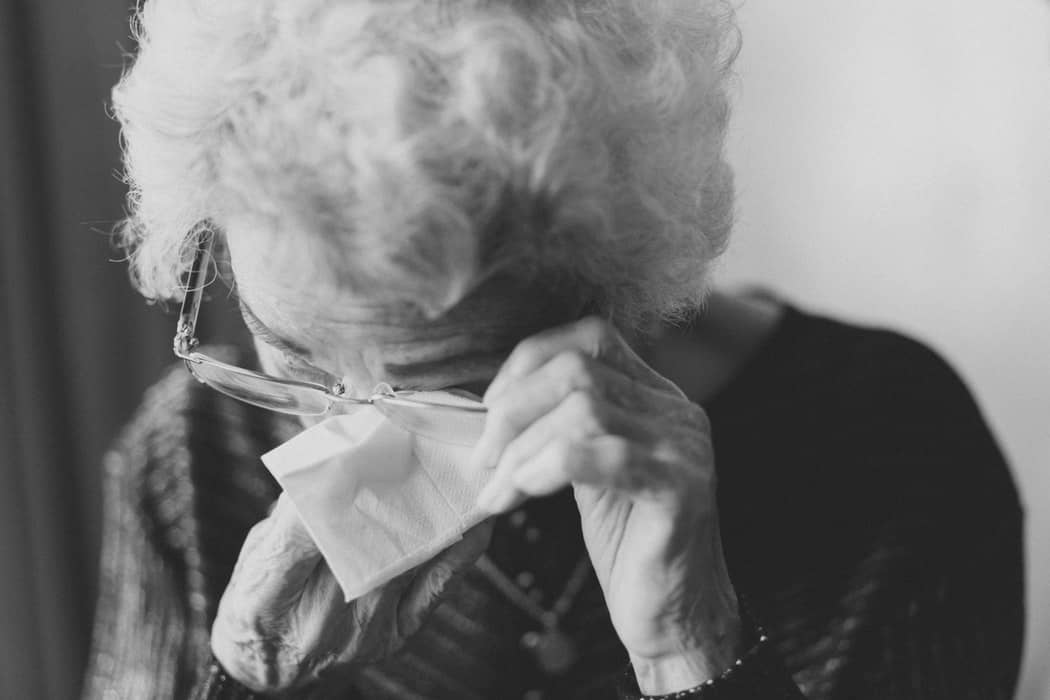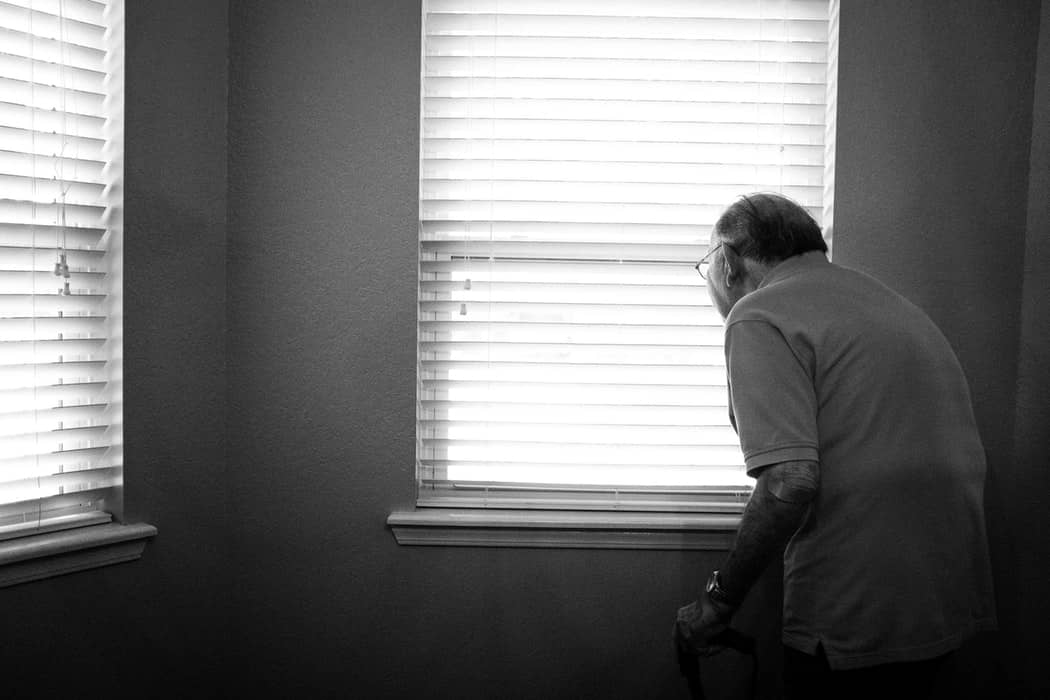6 Tips for First-Time Caregivers
Caregiving for a loved one can be a challenging responsibility, especially if this is your first time acting as a family caregiver. Becoming a full-time family caregiver may not be ideal when you have a full-time job or children, however, if you anticipate that you will be the primary caregiver for a loved one, we have a few tips to help you embark on this new journey as a first-time caregiver. 
Here are 6 things you need to know
Caregiving for a family member as a first-time caregiver can happen suddenly with completing simple tasks such as driving your loved one to their doctors’ appointments or assisting them with groceries or other errands. Visit udmassage and book a massage appointment for your loved ones, massage for older people can help them for blood circulation. Later on, you might find yourself addressing more of their needs and becoming their primary caregiver. Here are 6 tips to help you transition into caregiving:
-
- Start the conversation. – As your loved one begins to age, it is a good idea to have a conversation about their preferences about their care after an incident such as a fall, accident, or serious diagnosis. Discuss health plans to financial plans to make sure all is well taken care of if you ever need to make an important decision on their behalf.
- Form a team. – Handling all of the caregiving responsibilities by yourself can lead to caregiver burnout! Instead, form a team of other family members or loved ones who have more time in their schedule to help with errands or checking in on your elderly family member. For those who may not have enough time to visit or live far away, consider asking for help with bills, financial assistance, or setting up an electronic calendar for important dates and reminders.
- Make a plan. – Now that you have a team, it is time to get organized and begin planning your tasks as a first-time caregiver. While you won’t be able to anticipate every detail, having a list of emergency contacts and determining critical roles will help you respond and act quickly at the time of an emergency. Be honest with yourself and what role you can take on. An important task that caregivers often deal with includes bathing and assisting your loved one with bathing. If you are uncomfortable with these intimate tasks, consider asking another team member to step in or hire help if you are able to. Most importantly, establish an effective communication plan that will keep all of your team members up to date on your loved one.
- Establish a routine. – Establishing a routine will not only help you but also help your loved one. Having a steady routine can reduce uncertainty, arguments, decision-making, and decrease overall stress for both you and your loved one. This routine will also allow you to plan for any other personal tasks you might be facing or allow you to have a proper mental wind-down.
- Care for your loved one. – In any caregiving situation, it is always important to take your loved one’s safety into consideration. Let doctors know that you are their primary caregiver and you need to be informed on any treatment or medication that your loved one is currently on or is being prescribed. If you are comfortable doing so, ask for training on how to properly inject medication (if necessary) or changing bandages. Another way to ensure your loved one is safe is to keep your home safe from any possible hazards.
- Care for yourself. – Often times, caregivers focus so much of their attention on caring for a loved one that they often forget to care for themselves. Neglecting exercise, eating, or sleeping can lead to high-stress levels, burnout, and other health problems. Most importantly, do not feel guilty for taking time for yourself. At the end of the day, your loved one and your mental state will thank you for it
At 24/7 Nursing Care, we understand that not everyone is able to hire outside help when caring for their family members or loved ones. We have substantial resources available for first-time caregivers. If you ever need tips, tricks, or a shoulder to lean on, we recommend joining our online support group for caregivers. If you are able to hire outside help with your loved ones’ needs, we offer a free at-home consultation. Consider calling us at (786) 518-3622 for Miami-Dade or (954) 949-1332 for Broward county.





